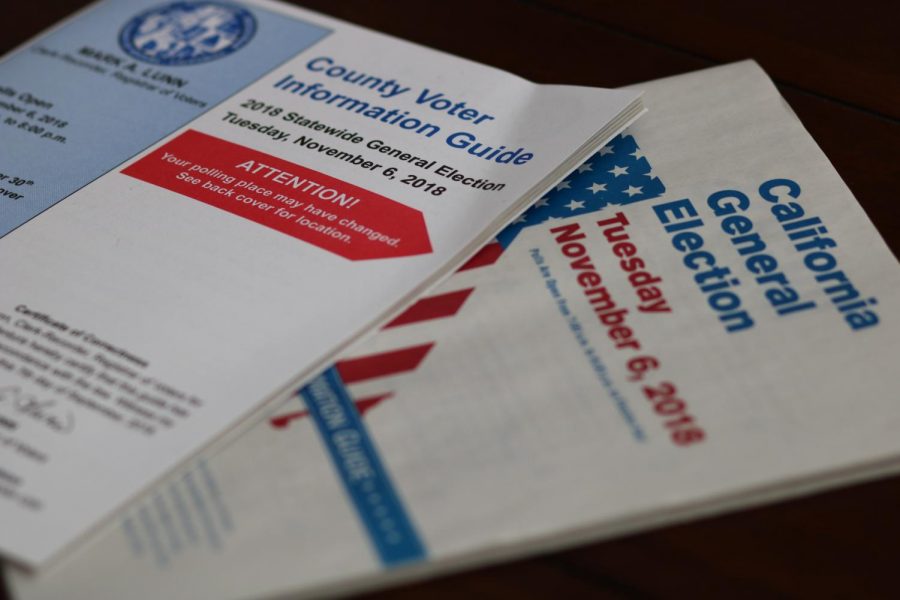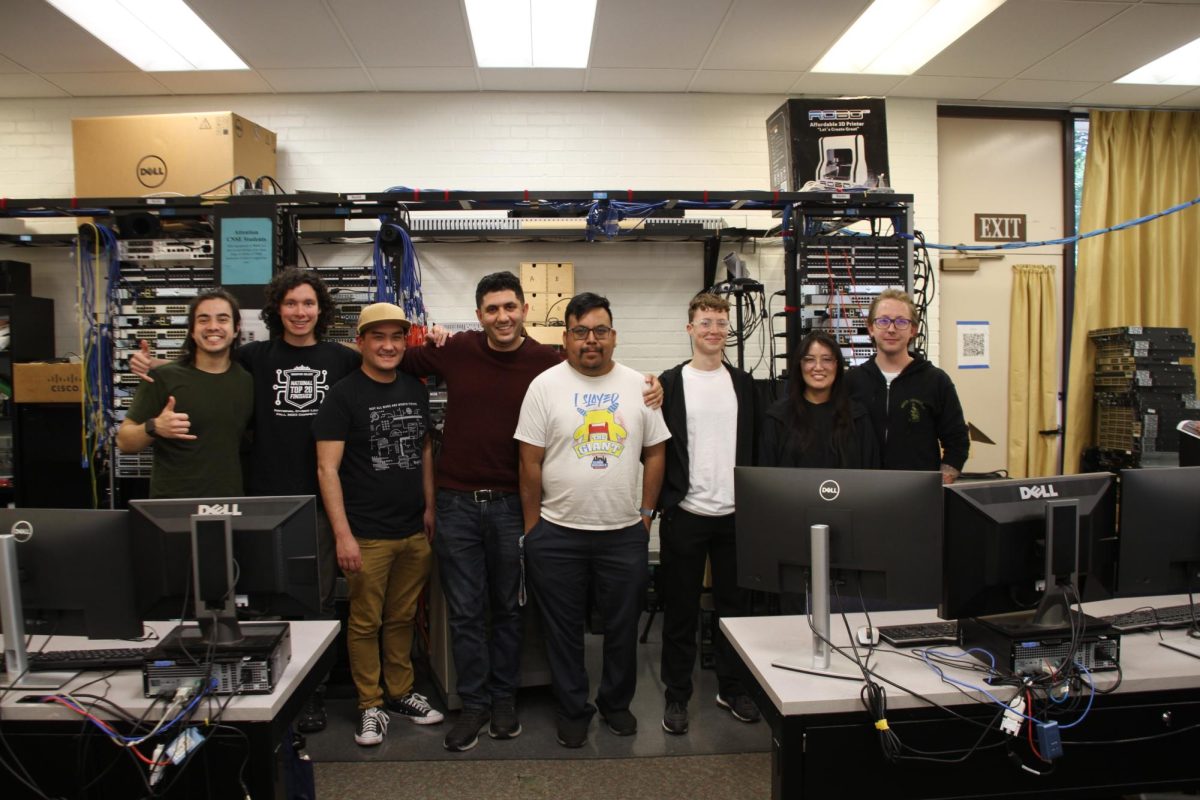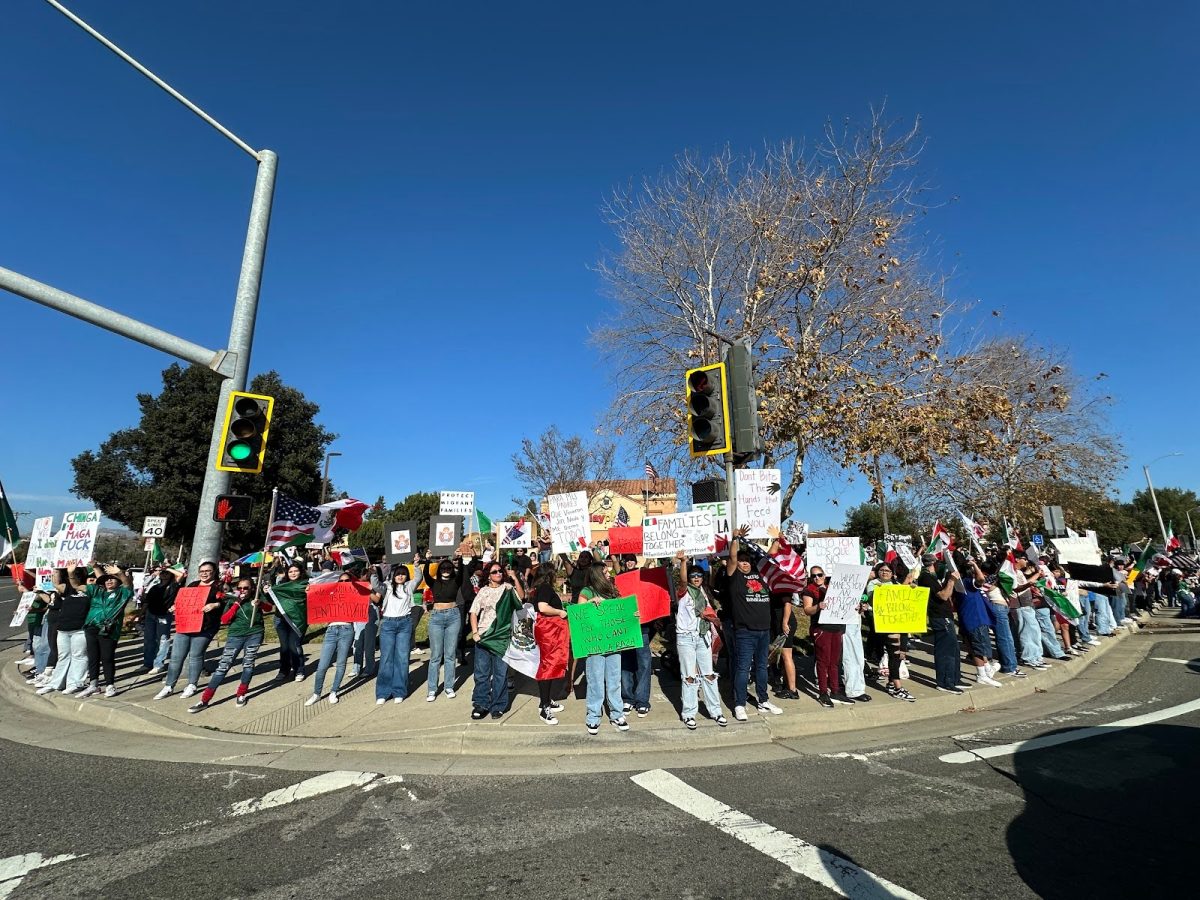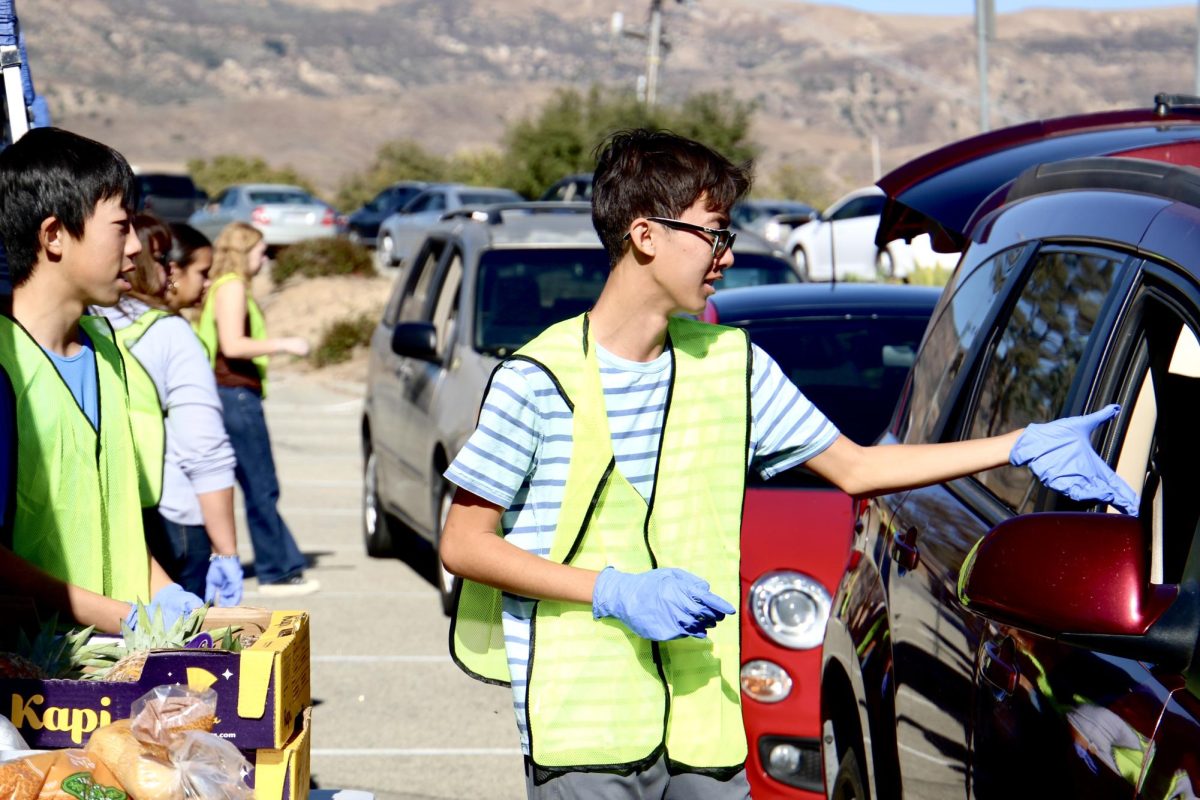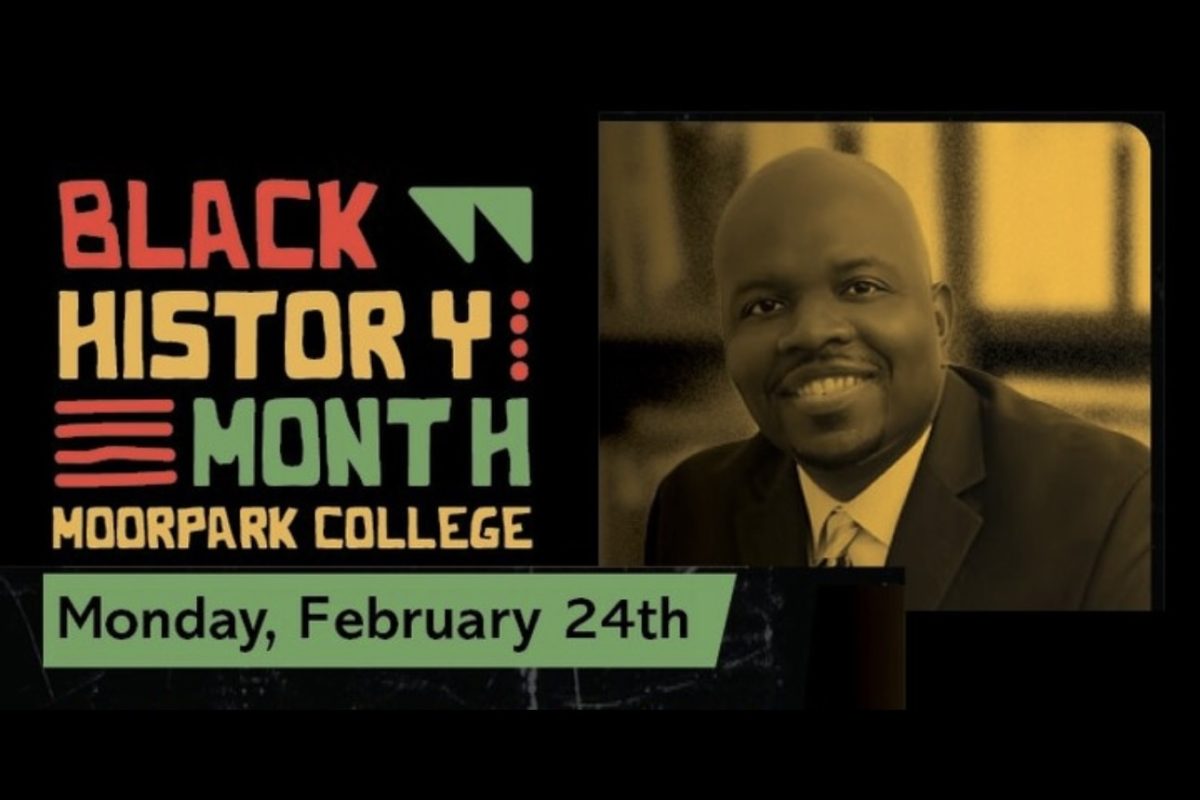On November 6, 2018, California will hold its General Elections where residents will cast their votes on important issues, such as new governor, state representatives, and propositions.
Lee Ballestero, department chair for political science at Moorpark College, believes propositions can be difficult to understand when voting, but that it shouldn’t stop anyone from voting on them.
“I think you should go out and vote for the ones you do understand,” said Ballestero. “But if there are ones that you don’t know much about, get informed, do research so you become educated on them.”
Bond Propositions
What is a bond? According to the LAO, Legislative Analyst’s Office, a bond is a long-term borrowing of money from investors, used to raise money for various purposes. The state borrowing would then have to pay back the money, with interest, on a specified schedule. During this voting cycle, the state of California has four bond measures it’s requesting its residents to vote on.
Proposition 1
Borrow $4 billion in general obligation bonds, paid by the state’s General Fund which would be supported by tax revenues. This proposition is intended for affordable housing programs for low-income residents, veterans, farmworkers, manufactured and mobile homes. For the next 35 years, California would annually repay on average $170 million for the bond.
Pros: Provide affordable housing for veterans, working families, people experiencing homelessness, seniors, and people with disabilities. Proposition 1 would not raise taxes.
Cons: The shortage of houses in California is due to the influx of millions to California and is argued needs a far bigger solution. Proposition 1 will borrow $4 billion by selling bonds for housing programs.
Proposition 2
Also known as the “No Place Like Home Program,” this proposition would dedicate $2 billion in bonds for the purpose of funding housing for individuals who are mentally ill and homeless.
Pros: Helps individuals with mental illness that are homeless by providing supportive housing without raising taxes.
Cons: $5.4 billion to fund bonds just for housing without providing treatment may force many more into homelessness. Last year, Legislature allowed county use of MHSA, Mental Health Service Act, funds for housing without the need to borrow money.
Proposition 3
$8.877 billion will be authorized in general bonds to fund various water and environmental projects. Projects like water conveyance, water supply, quality, and groundwater stability and storage. The state would repay an average of $430 million annually for the next 40 years.
Pros: Provides safe drinking water, fixes unsafe dams, secures reliable and clean water for California.
Cons: With the majority of the funds going directly to the Central Valley and other parts of the state with the highest water usage, this is the most costly bond on the ballot.
Proposition 4
A bond of $1.5 billion will be authorized for the construction, renovation, and expansion of children’s hospitals. An average of $80 million would be paid off over the next 35 years.
Pros: It would increase the capacity of hospitals to provide care for more children, better technology will be installed, and help advances in pediatric research to cure more children.
Cons: Expansion and construction would only happen at “non-profit” children hospitals.
Tax Propositions
Proposition 5
Will remove transfer requirements that homeowners over 55, contaminated or disaster-destroyed property and severely disabled people face when they move to different home. If passed, those who are eligible would save in property taxes.
Pros: Seniors and severely disabled people will be able to purchase a new primary home without having to pay property tax penalty, known as the “moving penalty.”
Cons: Prop.5 does not build any new housing or help first time home buyers. $1 billion in local revenue would be taken from public K-12 schools, public colleges, health care, police, and others tax services. The proposition was placed on the ballot by the realtors and would be given as tax breaks for wealthy Californians.
Proposition 6
If passed, a 2017 transportation law’s taxed and fees meant for road repairs and public transportation would be eliminated.
Pros: Lower gas prices would be seen immediately. It would also repeal regressive gas and tax increases and require voter approval for future increases.
Cons: Prop 6. eliminate $5 billion annually in funds meant for public transportation, road safety, congestion relief, and transportation improvement projects.
Medical Propositions
Proposition 8
Would require dialysis clinics to pay rebates and penalties if it charges patients above payment limits. Plus, clinics cannot refuse to attend patient based on payment sources while also providing annual reports to the state of California.
Pros: Improvement in support for quality patient care and will stop overcharges for Californians.
Cons: Many dialysis clinics may have to close which reduces access to care for patients. Plus, treating dialysis patients could potentially cost taxpayers hundreds of millions of dollars in higher costs for Medicare and Medi-Cal.
Proposition 11
Private-sector emergency ambulance employees would have to still be on duty during breaks even though the law requires hourly workers breaks without being on call.
Pros: Private ambulance companies would have EMTs stay on duty during their breaks in response to 911 calls.
Cons: No arguments were submitted for the official voter information guide.
Removed Proposition
Proposition 9
A proposition that suggested California should be split into three different states. However, California’s Supreme Court had the proposition removed on July 18, 2018.
The Rest
Proposition 7
A two-thirds vote would allow Legislature to change daylight saving time period if the change is allowed by the federal government.
Pros: Ends the biannual time changes that researchers and economist agree are a danger for the wellbeing and productivity of children, seniors, and the workforce.
Cons: Daylight Saving Time, would be subject to federal approval. During summer, it would still be light during evenings. During the fall semesters, there would be an extra hour of darkness.
Proposition 10
Local government would have an increase of power to enact rent controls upon residential properties.
Pros: Landowners would have the authority to put fair annual limits on rent. This would keep tenants in their homes instead of being pushed into homelessness.
Cons: It will allow regulations of single-family homes and would put bureaucrats in charge of housing by letting them add fees on top of rent.
Proposition 12
Will establish new requirements for the measurements of confinement space for egg-laying chickens, breeding pigs, and calves. The sales of those who do not follow these new measurements will be prohibited.
Pros: Veal calves, mother pig, and egg-laying hens, that are put in cages that do not follow state measurements, will not be sold.
Cons: The proposition will legalize cages at least till 2022. Hens will only get one square foot of space.
For more information about the proposition visit the states official voter information guide.

